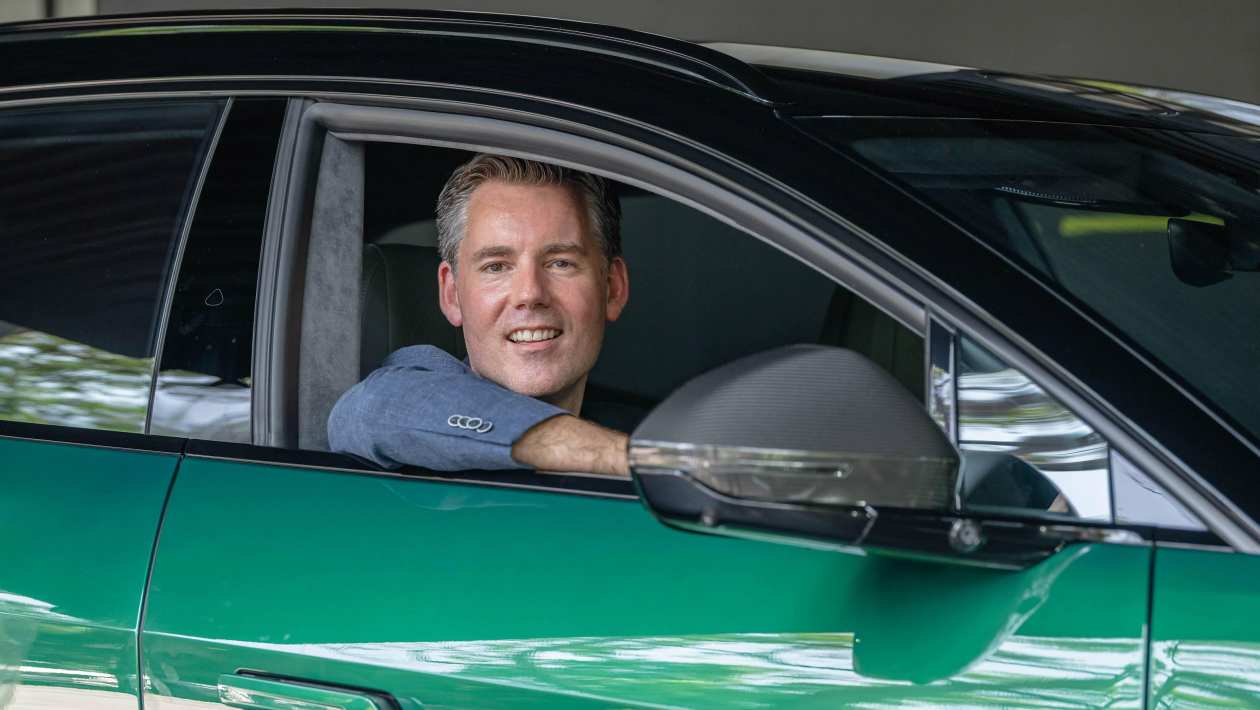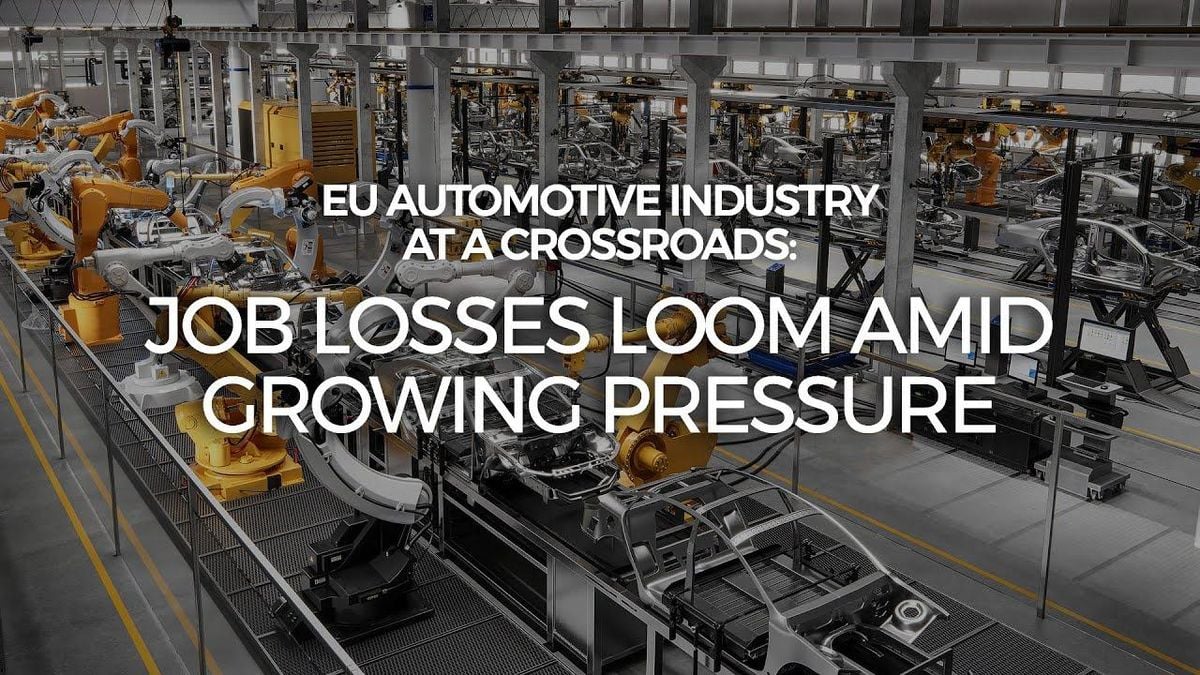The Top 5 European Businesses That Must Lead the Way In Building A Sustainable Future – Business Review

Europe is an inspiration for many in developing technology. Culture, history, and also as a tourist destination. Europe is also staying ahead of the competition by promoting sustainability in its businesses. Many businesses now use sustainable practices that align with world energy goals to reduce their energy spending and build a sustainable future. This not only helps the environment but also saves them on resources that can ultimately save costs.
From AI to agriculture, these industries use technology and other ways to make their entire operations more sustainable, thereby giving inspiration to other countries to follow their practices. In this blog, we are going to look at five European businesses that must lead the way in building a sustainable future.
AI is at the forefront of many discussions and businesses today, and AI startups are creating the way for sustainable business operations. AI startups can develop systems that help many industries increase their productivity and achieve their sustainability goals. But AI data systems require a lot of crawling that can contribute to high energy consumption and that’s where a proxy service provider can help.
Proxy servers can help companies manage their operations with much more efficiency. They can cache frequently accessed data and minimize unnecessary server requests to reduce bandwidth. This means lower data and energy usage for firms, which is a key indicator for sustainability. For example, many AI-based weather forecasting startups in Europe are relying on proxies to procure vast amounts of data to make accurate predictions while also keeping their carbon footprint in check.
AI startups are increasingly growing with Europe’s heavy investment. In fact, over €14 billion has been invested into AI startups which is proof of Europe’s commitment to encouraging technology and promoting sustainability.
Another industry in Europe that is promoting sustainability is agriculture. Now, farmers are able to use the right resources at the right time with the help of Agri-tech – these pieces of technology combine AI, IoT, robots, and precision farming to reduce waste and pollution.
There are also smart irrigation systems that farmers are using nowadays. The system uses AI and other tools to look at soil conditions, weather forecasts, and water availability, to make sure no amount of water is wasted. This has had a significant impact on reducing water consumption, even to the extent of 60%.
Many energy companies are also helping Europe achieve its environmental goals. Countries like Denmark and Germany are investing in many solar, wind, and hydroelectric companies to speed up the process and make green energy more affordable.
There are also solar farms with greater efficiencies in Europe helping this change. In fact, their conversion rates have improved by 5-6% compared to the past decade. This not only helps reduce environmental impact but creates jobs, as evident from reports showing how these companies have helped create over 24 million jobs to support the economy and job market.
Many fashion brands are focusing on recycled materials for producing clothes and setting new standards for ethical production. This also includes using organic cotton and materials along with less water to ensure fair labor practices. They are now using recycling practices like organic textiles and reusing materials to bring down costs and reduce their carbon footprint.
They are approaching slow fashion to offer better-quality and good-looking clothes that last long, which has increased Europe’s sustainable fashion sales.
The construction industry in Europe has also come up with solutions to reduce its share of pollution. For instance, many European companies now construct green buildings that are filled with solar panels, good insulation, and rainwater harvesting systems that create a sustainable environment. These advancements have helped reduce energy consumption by 30%.
Another method in which the construction industry is contributing towards sustainability is modular construction. This has become quite famous in Europe since the building components are made beforehand to reduce onsite waste and speed up construction timelines. There are industry estimates that show how modular construction could reduce waste by up to 50%, which is good news for anyone interested in sustainable construction.
Related
‘CEOs want open markets’: EU business sentiment drops amid trade…
EU business leaders’ confidence in the economic outlook for Europe sharply dropped in the second half of this year, an influential survey fo
European business schools in charts
Unlock the Editor’s Digest for freeRoula Khalaf, Editor of the FT, selects her favourite stories in this weekly newsletter.Study motivations, in Europe and el
Business schools’ transatlantic divide over ESG
Climate science shows that Europe is warming faster than anywhere else. The continent is also widely seen as a global leader on sustainability — driven by str












